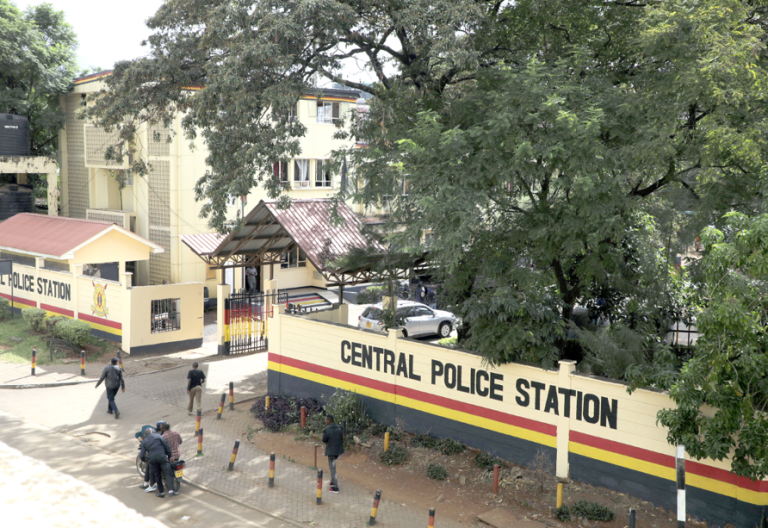Police reforms: Mindset trumps tech
By Rawlings Otieno, June 21, 2025The Constitution assigns day-to-day police operations to the Inspector General of Police and the National Police Service.
Despite Kenya’s active police reforms aimed at transforming the service into a professional, efficient, and accountable institution that enjoys public trust, many officers remain trapped in the old constitutional mindset.
This disconnect between reform intentions and ground reality continues to undermine progress.
Initiated after the devastating 2007 post-election violence, these reforms targeted improved police conduct, service restructuring, enhanced public relations, greater accountability and transparency, better working conditions, and strengthened operational effectiveness.
However, the most formidable challenge remains shifting officers’ deeply entrenched mindsets from a culture of power and control to one of genuine service and protection.
The Police Reform Task Force Report, commonly known as the Ransley Report, conducted an extensive review of police structures and systems. It recommended wide-ranging reforms, including restructuring the Kenya National Police and Administration Police under a single Inspector-General.
The task force also proposed establishing the National Police Service Commission to manage employment and discipline matters, and the Independent Policing Oversight Authority to investigate serious misconduct complaints and recommend appropriate action.
Democratic, accountable policing represents one of democracy’s fundamental hallmarks. In healthy democracies, police services exist to protect and support public rights, not to repress constitutional freedoms or serve as instruments of governing regimes.
Such services must operate independently while remaining answerable to the people they serve.
Accountability provides the necessary balance to professional discretion exercised by police officers. It also scrutinises the critical relationship between police and the state, providing essential insulation against both internal and external interference with proper police functioning.
When President William Ruto assumed power, he established a comprehensive task force to identify legal, policy, administrative, institutional, and operational challenges hindering effective service delivery by the National Police Service, Kenya Prisons Service, and National Youth Service.
The task force, headed by former Chief Justice David Maraga, made a damning finding: the failure of those in power to implement the constitution faithfully explains why Kenya remains trapped in endless “reformism” since 2010.
The country cycles through reforms that ultimately achieve nothing meaningful.
The Maraga report identified pervasive institutional and cultural failures that have frustrated transformation in the three disciplined services for decades. These range from endemic corruption and land grabbing to sexual harassment.
These failures have systematically eroded public confidence in these critical institutions.
Police impunity and corruption maintain a direct, toxic relationship with both extrajudicial killings and enforced disappearances. Without decisively ending police impunity and corruption, Kenyans will continue experiencing these devastating crimes that have shattered families across the country.
Courts offer the clearest window into police work. Here, officers present their investigation for judicial assessment. They arrive dressed in suits and formal wear—only traffic officers appear in uniform before returning to their posts.
Courts strip away professional masks, revealing faces, service numbers, ranks, and training levels. Here, police undergo rigorous cross-examination about their station and street activities.
Their usual power and authority temporarily dissolve under judicial scrutiny. Poor investigations often result in suspect acquittals, exposing professional inadequacies.
Recently, Interior Cabinet Secretary Kipchumba Murkomen ordered CCTV camera installation in all police stations following the tragic death of teacher-cum blogger Albert Ojwang at Central Police Station.
However, officers need something more fundamental before installing CCTV and digital Occurrence Books: Complete mindset transformation. They require rehabilitation from colonial mentality.
Mentality must change before anything else.
The writer is the Chairman of the Political Journalists Association of Kenya
